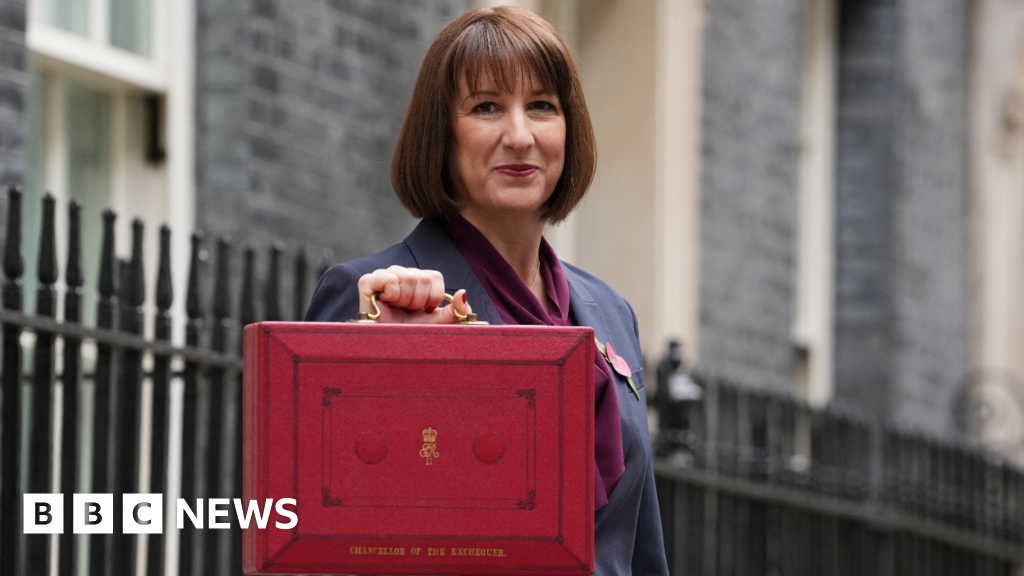
"Chancellor Rachel Reeves has acknowledged she is considering tax rises and spending cuts ahead of her autumn Budget on 26 November. Before the 2024 general election, Labour promised not to increase income tax, National Insurance or VAT for working people. But the Institute for Fiscal Studies (IFS) says she will "almost certainly" have to raise taxes to make up a 22bn shortfall in the government's finances. The chancellor of the exchequer's Budget statement outlines government plans for raising or cutting taxes. It also includes big decisions about spending on public services such as health, schools and police."
"There has been a lot of speculation that Reeves will have to raise taxes because she needs more money in order to meet her self-imposed rules for government finances. She has two main rules, which she describes as "non-negotiable": Not to borrow to fund day-to-day public spending by the end of this parliament To get government debt falling as a share of national income by the end of this parliament The IFS said finding 22bn would allow the government to maintain the 10bn buffer it currently has, but argued there was a "strong case" for trying to increase it further."
Rachel Reeves is weighing tax rises and spending cuts ahead of the autumn Budget on 26 November to address a projected 22bn fiscal shortfall. Labour previously pledged not to raise income tax, National Insurance or VAT for working people before the 2024 general election. The Institute for Fiscal Studies says tax increases are almost certain to close the gap. The Budget will set out tax and spending decisions and prompt a four-day Commons debate and vote. Reeves has two fiscal rules: no borrowing for day-to-day spending by the end of the parliament and a falling debt-to-GDP ratio by the same deadline. A 10bn fiscal buffer currently exists but is small compared with recent averages.
Read at www.bbc.com
Unable to calculate read time
Collection
[
|
...
]